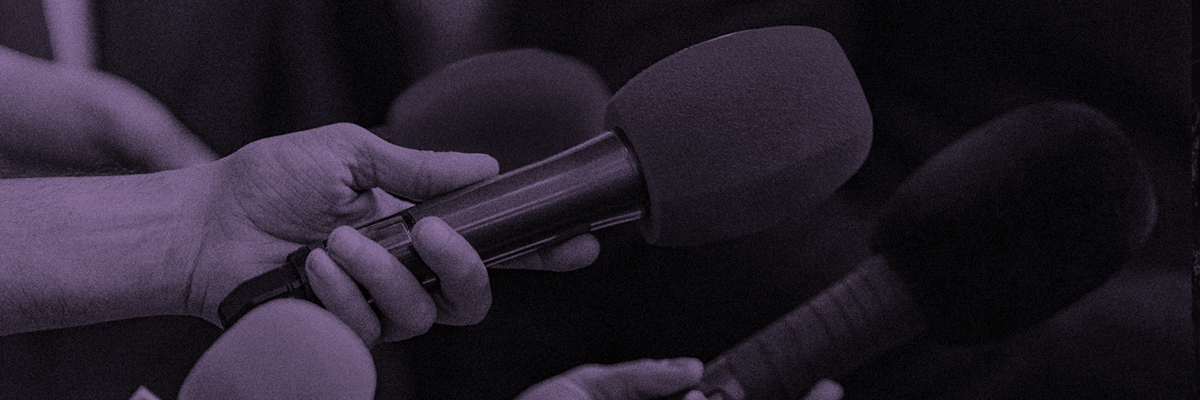With parts of the UK preparing for a third storm in quick succession, Electrical Safety First is offering advice to those affected by flooding that looks set to continue in the coming days.
While it is understandable that flood-hit residents will want to go straight back into their homes as soon as possible, the Charity is urging caution before doing so. Damaged electrics in the home can be extremely dangerous and potential risks should be taken into account when a flooded home is re-entered.
Electrical Safety First is calling on flood victims to follow a number of immediate steps including switching off the electricity at the fuse box, unplugging damaged electrical appliances and avoiding any exposed wiring. Afterwards, residents should use a registered electrician to assess the condition and damage to electrical wiring, equipment and appliances that have been affected by the flood.
Emma Drackford from Electrical Safety First commented: “Floods like the ones we’ve seen in the UK in recent weeks are terrible ordeals for those involved. Aside from the immediate physical devastation they can cause, flooding also throws up dangerous electrical hazards which require close attention when you return to your home. That’s why we’ve put together a list of tips for residents affected by these floods which we really hope will be followed so that potential additional harm can be prevented. If you know of anyone currently dealing with a flooded home, please pass our advice onto them.”
Consumers can get more information on how to stay electrically safe after a flood on Electrical Safety First’s website: https://www.electricalsafetyfirst.org.uk/guidance/safety-around-the-home/flooding-advice/
Dos and Don’ts of electrical safety after a flood
Do
- Make sure the property is safe before you enter
- Try to avoid direct contact with any water which remains. It may be contaminated
- Have a torch at hand when entering the property
- Switch off the electricity supply at the fuse box, if it is safe to do so. If there is evidence of water inside the fuse box or if there are signs of arcing or overheating, seek professional advice
- Unplug damaged electrical appliances and move all portable ones away from the area affected by flooding
- Arrange for other services, such as gas, to be switched off. Electricity and gas supplies should not be turned back on until you have had professional advice that it is safe to do so
Don’t
- Use candles to guide you when entering the property
- Use any mains powered electrical appliances in areas affected by flooding until advised by a registered electrician that it is safe to do so
- Go near any exposed wiring. It may still be live.
- Start to clean up or carry out repairs until you are sure it is safe to do so
Cleaning up and making repairs
- Contact your insurance company, and landlord if applicable, for advice and to get approval to carry out any repairs. Take photos of the damage and keep records
- Seek professional advice about the restoration of your property and hire appropriate and qualified professionals to undertake the repair work
- Use a registered electrician to assess the condition and damage to electrical wiring, equipment and appliances that have been affected by the flood
Further Advice
- Do not attempt any electrical repairs or connection of temporary supplies yourself – always use a registered electrician
- Arrange for a periodic inspection and test to be carried out on the property. The registered electrician will issue you with an Electrical Installation Condition Report (EICR) which will identify the condition of the wiring and equipment in need of repair
- All of the portable appliances affected by the flood will need to be tested to make sure that they are safe for continued use, as well as fixed equipment such as electric cookers.
- If the water damage to electrics is relatively minor and caused by clean water, i.e. a burst water pipe or tank, then it is likely that the registered electrician will just need to dry out cables and replace any accessories affected by the water (sockets, switches, plugs etc.)
- If there is major flood damage to the electrics caused by clean or contaminated water, then it is likely that parts of the electrical installation will need to be rewired
- When rewiring is necessary, ask the registered electrician about the possibility of raising the height of the newly installed electrical equipment, including raising the fuse box and sockets to above any future expected flood level
